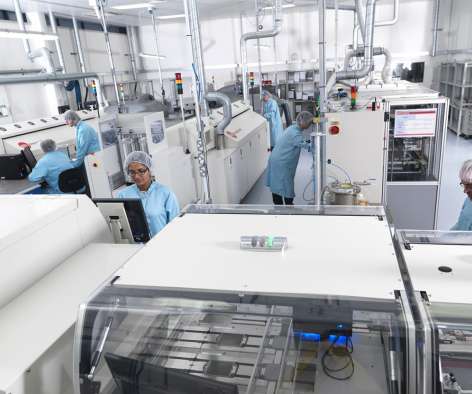Gevo to deploy Shockwave process to lower the carbon intensity of its ethanol, isobutanol
Green Car Congress
AUGUST 15, 2018
Shockwave’s Thermodynamic Corn Fractionation Process is a front-end corn fractionation platform that uses high velocity air and pressure changes to fractionate solid materials, providing an novel, low-cost approach to separating the corn kernel into the various fractions including a higher-starch feed for fermentation as well as germ and fiber.















Let's personalize your content